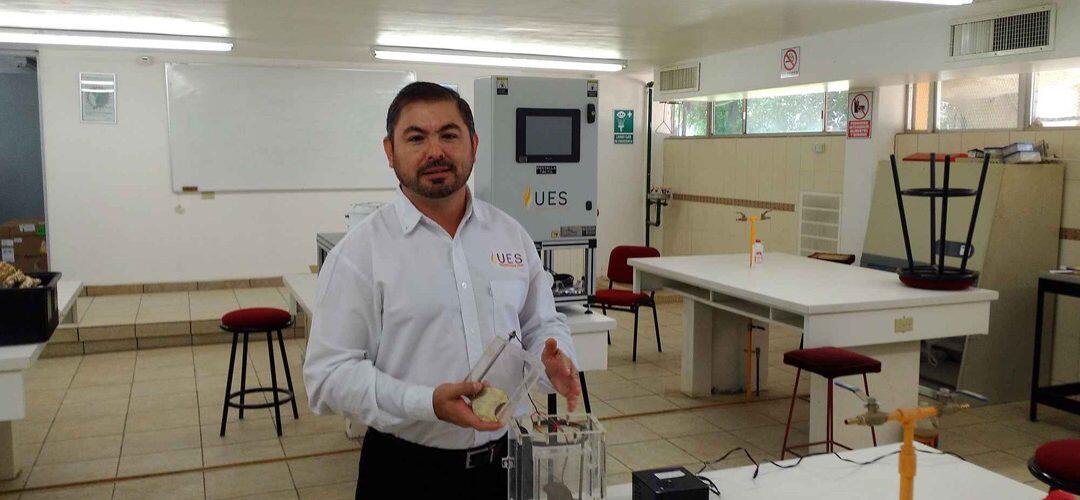Sonora state researcher in northern Mexico, engineer Gabriel Luna-Sandoval was urinating one day when he realized that the yellow liquid could be a great source of power that could be used elsewhere instead of going down the toilet.
Since he came up with that thought, and he was aiming to invent a machine that, based on him, can be the “free” solution for people to heat their water (whether they were willing to take hot showers or to cook”.
He wasn’t only aiming to use people’s personal bodily fluid for housing purposes, he was trying as well to come up with a machine that allows astronauts to generate O2 from their urine in case of emergencies.
Before creating a machine for space reasons, the engineer decided to make something that can be used by people in their houses. Therefore, and instead of using liquefied petroleum gas, which is widespread in Mexican homes but contributes to climate change, people could have a special container to transform their urine into a biogas.
The mechanical engineer created a clear acrylic container, which looks like a square vase, in which urine is poured. This container measures about 20-square-centimeters, has stainless steel electrodes to send electricity into it in order to separate oxygen and hydrogen, with the latter becoming a biogas.
The container would be connected to a home’s pipes through which the biogas can lead to heating the water in the kitchen and bathrooms.
Families wouldn’t have to worry about their food or showers having the stench of urine: The biogas has no smell.
A tight seal also ensures that the smell of urine doesn’t escape the container, though cleaning it would entail having to withstand the smell.
When nature calls, a man could fill the container by using a special urinal with a tube linked to the machine, Luna-Sandoval said. It would be more complicated for a woman, who would have to urinate into a container and then pour the content into the cube.
His invention requires just 13 to 21 milliliters of urine for a 15-minute hot shower, he said. Cooking beans for one hour demands only 70 to 130 milliliters of the golden liquid.
So is this invention absurd ?
Ulises Cano, a member of the National Researchers System of Mexico, said Luna-Sandoval’s invention “is not absurd.”
While Cano did not review the invention, the electrochemistry expert said it is “technically viable, but you would have to look at its economic viability.”











